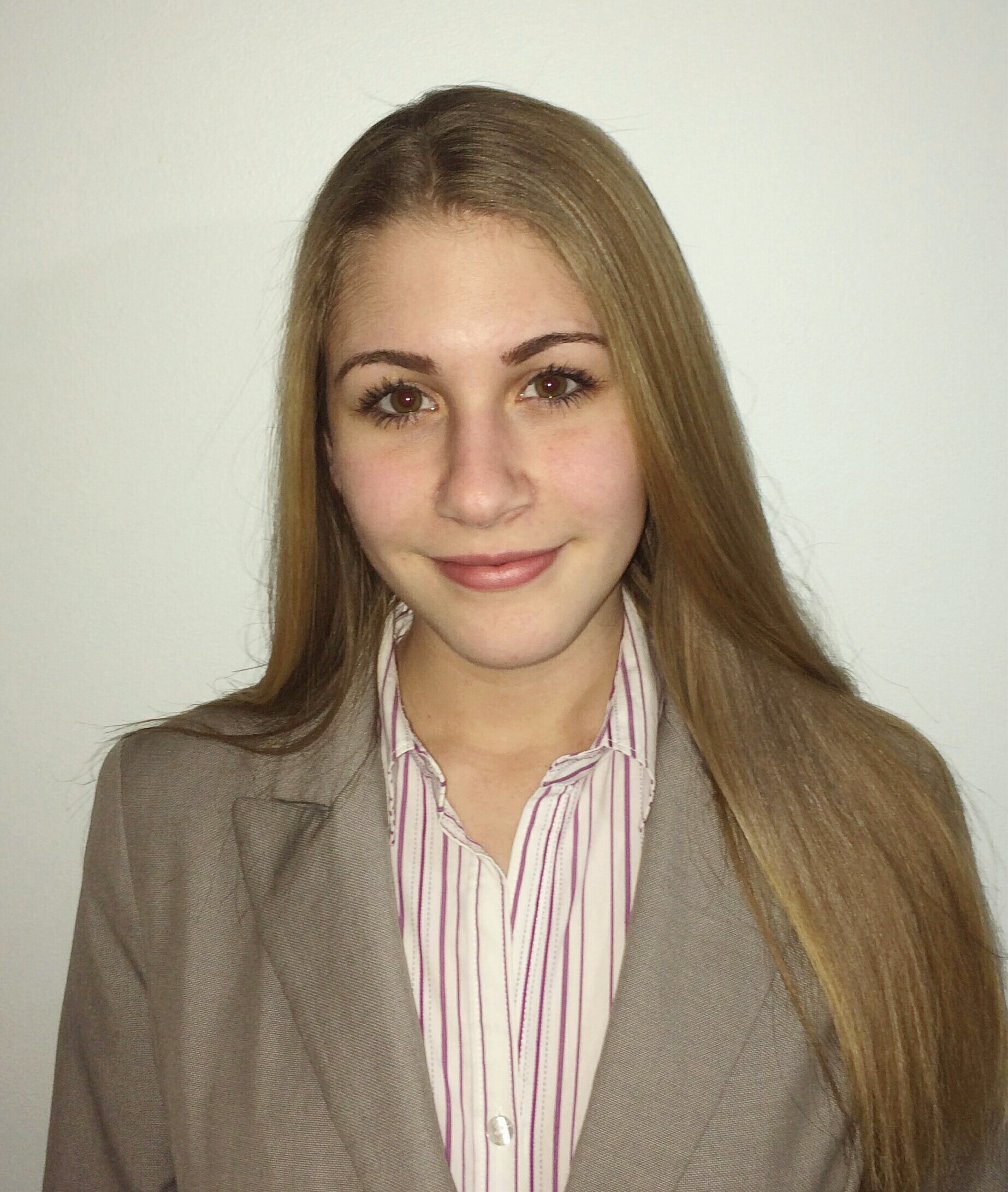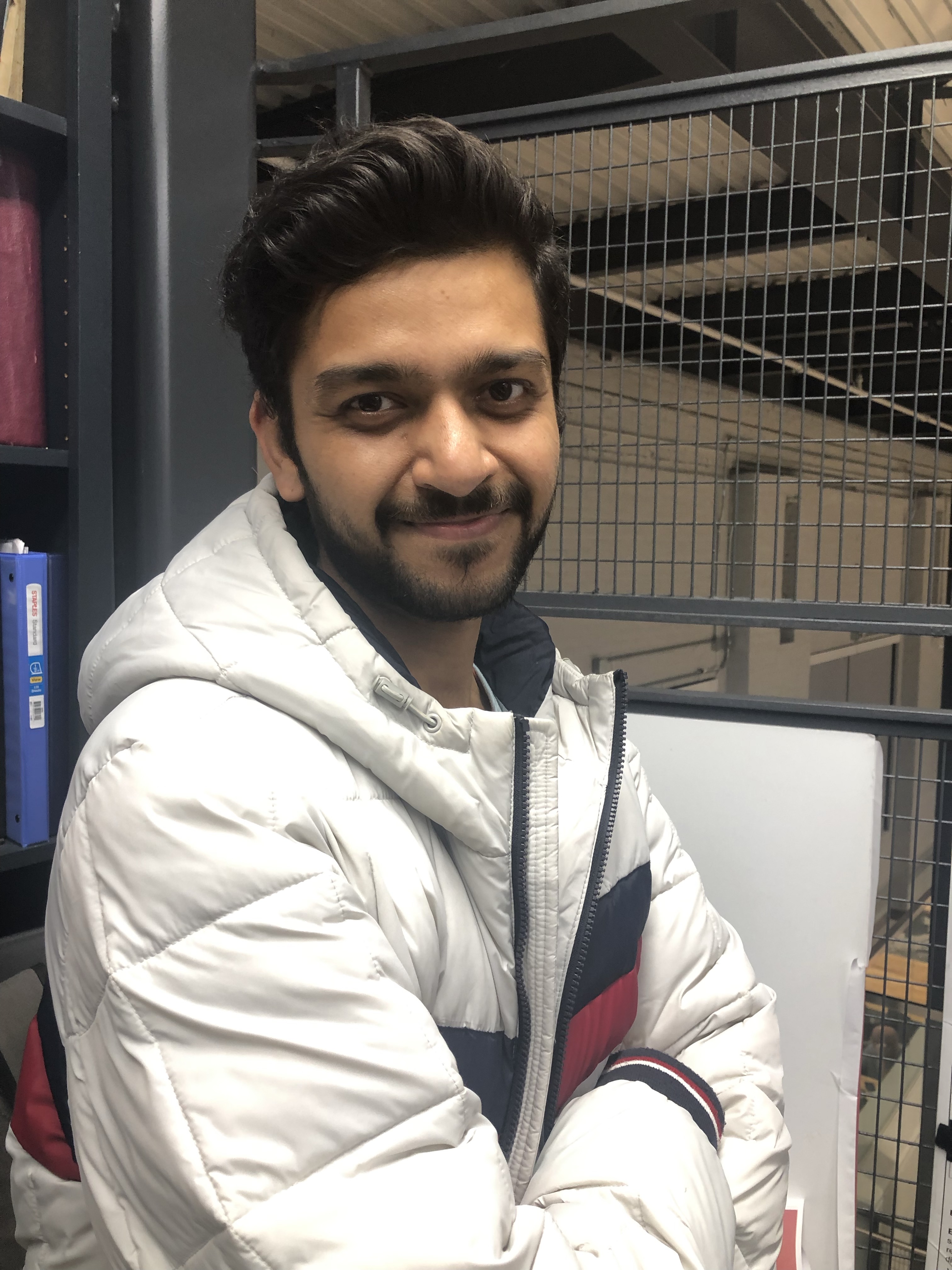| More on the Future of the Environmental Profession |
| Thursday, April 29, 2021 08:40 AM |
This continuing series introduces you to a number of men and women, early in their careers, whose academics have been rewarded by the LSRPA. They are the future of the environmental profession. Melissa Barnes Melissa Barnes Melissa Barnes holds the distinction of being the first person to be awarded the LSRPA scholarship twice. She first was awarded the scholarship in 2018, during her junior year at Susquehanna University. She applied for the scholarship again in her senior year of 2019, and was awarded it again. Benjamin Alter, LSRP, a senior vice president of GZA continues to serve as the first Chair of the LSRPA College Outreach Committee, said the criteria for scholarships has gone through a few changes since it was first awarded to four people in 2016. The committee opened the scholarships to graduate students in 2019, but no graduate student was awarded a scholarship that year. The committee changed its criteria for graduate students in 2020, and four of the nine scholarships went to the graduate students. “We feel that right now we have the right formula,” Alter said. Successful applicants, however, still must show a commitment to the environmental profession. Barnes said she knew she wanted to be an environmental scientist. “From a young age I liked to be hands on,” she said, and didn’t want to be behind a desk. As an undergraduate majoring in earth and environmental sciences, Barnes took a course in climate change and later traveled to Australia where she saw the impacts first hand. Seeing sharks and turtles along the Great Barrier Reef, she also saw the bleaching of coral. A study published in 2020 suggested about half of the coral on the Great Barrier Reef has been lost since the mid-1990s due to warming seas caused by climate change. Barnes also got the opportunity to camp in the rain forest and see what wildfires have done to the Australian outback. “It’s very impacting. Those experiences in Australia have really opened my eyes,” she said. Since graduating from Susquehanna University, Barnes has worked at T&M Associates - writing reports, soil sampling, working on land delineation and the like. When she is eligible, she hopes to become an LSRP. Barnes is a member of the LSRPA and encourages all students who hope to enter the environmental field to do the same. “I think one of the main things I learned from the scholarship is to always reach out and network,” Barnes said. “There are so many amazing opportunities out there for you and amazing people to help you reach out and get your foot in the door.”  Sameer Neve Sameer NeveIn 2020, Sameer Neve, a doctoral candidate at Stevens Institute, became one of the first graduate students to receive the LSRPA scholarship. Up until that point, the scholarships only were awarded only to undergraduates. The purpose of the scholarship is to encourage students to pursue careers in environmental consulting and related professions. But many graduate students plan to stay in academia, said Benjamin Alter, LSRP, a senior vice president of GZA who continues to serve as the first Chair of the LSRPA College Outreach Committee. “The criteria needed to change for graduate students,” he said. Research that forwards the environmental profession became a primary criteria for evaluation, Alter said. “We feel that we now have the right formula,” he said. In 2020, the first year graduate students were awarded scholarships, five graduate students received the award, including Neve. In 2021, there were three. Neve’s research focuses on creating a sustainable application of used Vetiver, a grass, to generate the resources of biochar and bioethanol. It also looks for ways to reduce the bioavailability and leachability of heavy metals and organic pollutants in soils. When he received the scholarship, he was at an important stage trying to scale up his research, which had been limited to the lab. Last year, he also wrote a proposal for his research and presented it to a Stevens committee to focus on how much time it would take, and so on. “This acts as one of the important stepping stones for the requirements of the department,” Neve said. Winning the LSRPA scholarship helped with his tuition and the materials he needed for his research. The prestige of the scholarship means a lot, he said. “To start with, it establishes that I’m doing decent research in soil remediation,” Neve said, and confirms his capabilities. When he enters the job market at some point, it will be a noticeable credential on his resume, he said. Born in India, Neve received his bachelor’s degree in engineering from Shivaji University, Kolhapur, and his master’s degree from Veermata Jijabai Technological Institute at the University of Mumbai, India in 2015. He has been a doctoral candidate and teaching assistant at Stevens since 2016. “A lot of international students come here for their higher education,” Neve said, but the difference is more than language and culture. “It has been a completely different education structure,” he said. In India, students are expected to get the concepts right, he said, but the United States structure expects students to go beyond concepts alone. |